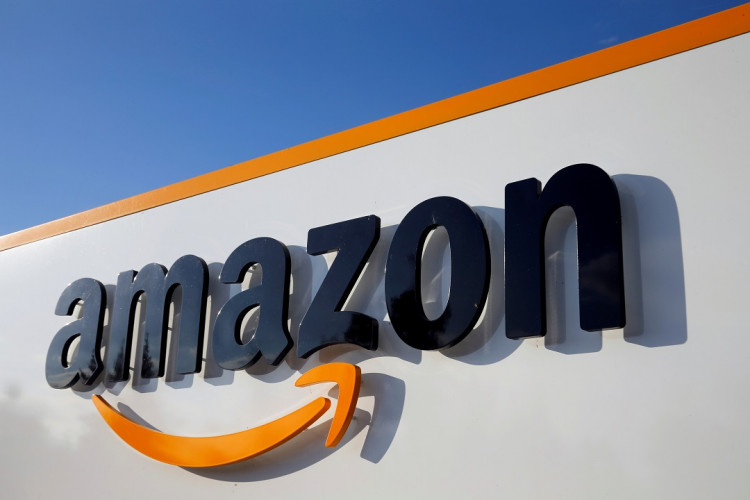Amazon has finally realized its low-profit business practices as it announced a new policy meant to "fund the probability gap" of low sales products from grocery brands. It is an unlikely move since the American retail giant has been keen on "assisting" small merchants for many years.
In an email seen by CNBC, Amazon said it will charge "additional funding" to some grocery brands for promotional products that don't sell as expected at this year's Prime Day and result in losses for the company.
While this means that brands will have to cover the losses, Amazon noted that it will waive placement fees that merchants used to pay for Prime Day promotional sales as a means of helping ease the potentially huge burden on sellers.
Industry analysts noted that the new move by Amazon is proof that it is now more focused on profitability. This isn't the first time the online retail company stood up against unprofitable products.
The American e-commerce platform has also been forcing certain brands to adjust the packaging to more cost-effective ones to prevent additional losses.
Experts believe Amazon's decision to target grocery brands is largely based on shipping costs. Since grocery segments tend to have lower price tags. The shipping costs can be difficult for the e-commerce giant to cover since bulk older tend to have discounted prices that could point to unprofitability.
CEO of Buy Box Experts, Joe Hansen, pointed out that the latest developments in revamping business practices "could indicate that Amazon is becoming more profit conscious." Hansen's comments reflect reports earlier this year that the company has been reducing orders from smaller brands.
Bloomberg reported in March that the online retail group stopped placing orders from many wholesalers. Instead of ordering from smaller brands, the company has been pushing merchants to make direct sales. These brands will have to sell directly on the marketplace under the new policy.
At that time, industry analysts said Amazon appears to be ready for the backlash from disrupted merchant relationships due to the halt in purchases. Longtime vendors are expected to be largely affected by the policy.
CEO of retail consulting firm Channel Key, Dan Brownsher, pointed out that small companies "heavily reliant" on the U.S. e-commerce platform are "in a lot of trouble" and could even close down their businesses in the long run.
Amazon has been criticized by panicking merchants but behind the scenes, the online retail behemoth has shouldered overheads and costs for several years. Some analysts said the latest developments are a matter of realizing growth factors and pursuing these.





